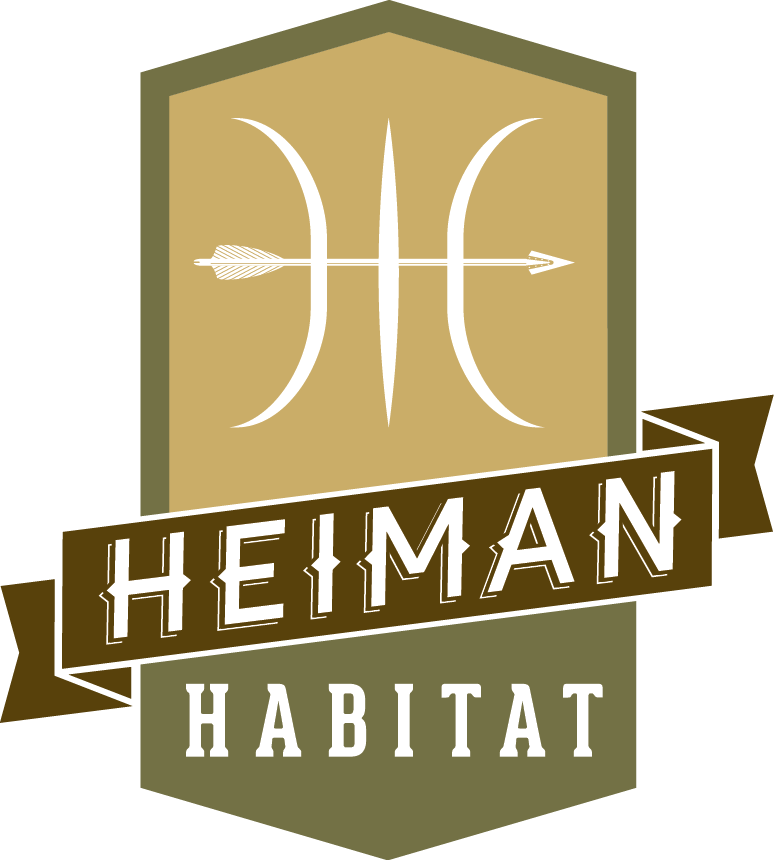Pine pallets. Use them for furniture, tree guards, free firewood or … Have you considered using them as raised garden beds too?
Let’s face it. Having a lawn these days is like waging eco-terrorism on your local environment. After all, many of us would agree that lawns of green grass can be pretty un-green for the environment. Whether you’re using pesticides or herbicides to control the weeds - or chemical fertilisers to keep things looking lush - the bees won’t thank you for it. Neither will the fish in the downstream waterways. And your lawn mower is just another fuel guzzling device that robs you of your weekend while emitting fumes into the environment.
If you’re experiencing Australia’s multi-year drought like we are, your lawn has probably long since given up the ghost. Where lawns used to grow, bare earth, rocky soil and weeds certainly gained the upper-hand at our place. So we ditched the front lawn ten years ago and since then have been doing our best to turn our unpliable ground into something more productive – a front yard veggie patch.
To help things along, we’ve been routinely applying our own compost - generated from our kitchen and garden waste. This has enriched the poor soil but not fast enough for our liking. So, this weekend, we decided it was time to take control.
With the blessing of our local hardware store, we stocked up on some good quality pallets. Added to this, we’ve assembled over the years a range of trellises and other useful frames from our local tip shop and refuse from our neighbours’ renovations.
The key point here is to ensure that the pallets you use haven’t been chemically treated. All imported pine pallets will be marked with symbols which indicate how they have been treated. HT = Heat treated. DB = De-Barked. However MB stands for Methyl bromide. Do NOT use MB treated pallets in your garden. And don’t burn them as firewood. Methyl bromide is a powerful chemical fumigant … Which means it’s ‘Bad Ju-Ju’ .
Add mulch to limit water evaporation. And, if you’re serious about your veggies, consider adding a water tank or two around your premises to assist with watering. The best time of day for watering established plants is in the early morning or late afternoon - so get yourself a timer or make it part of your family’s daily routine. Watching the garden grow together provides a great opportunity to show your kids the benefits of lowering the family’s food miles and picking food fresh from the ground.
To learn more about what it takes to turn pallets into raised garden beds, watch our video. We hope it provides the inspiration you’re looking for.
Note: to share this video on your own Facebook site, copy the url.

